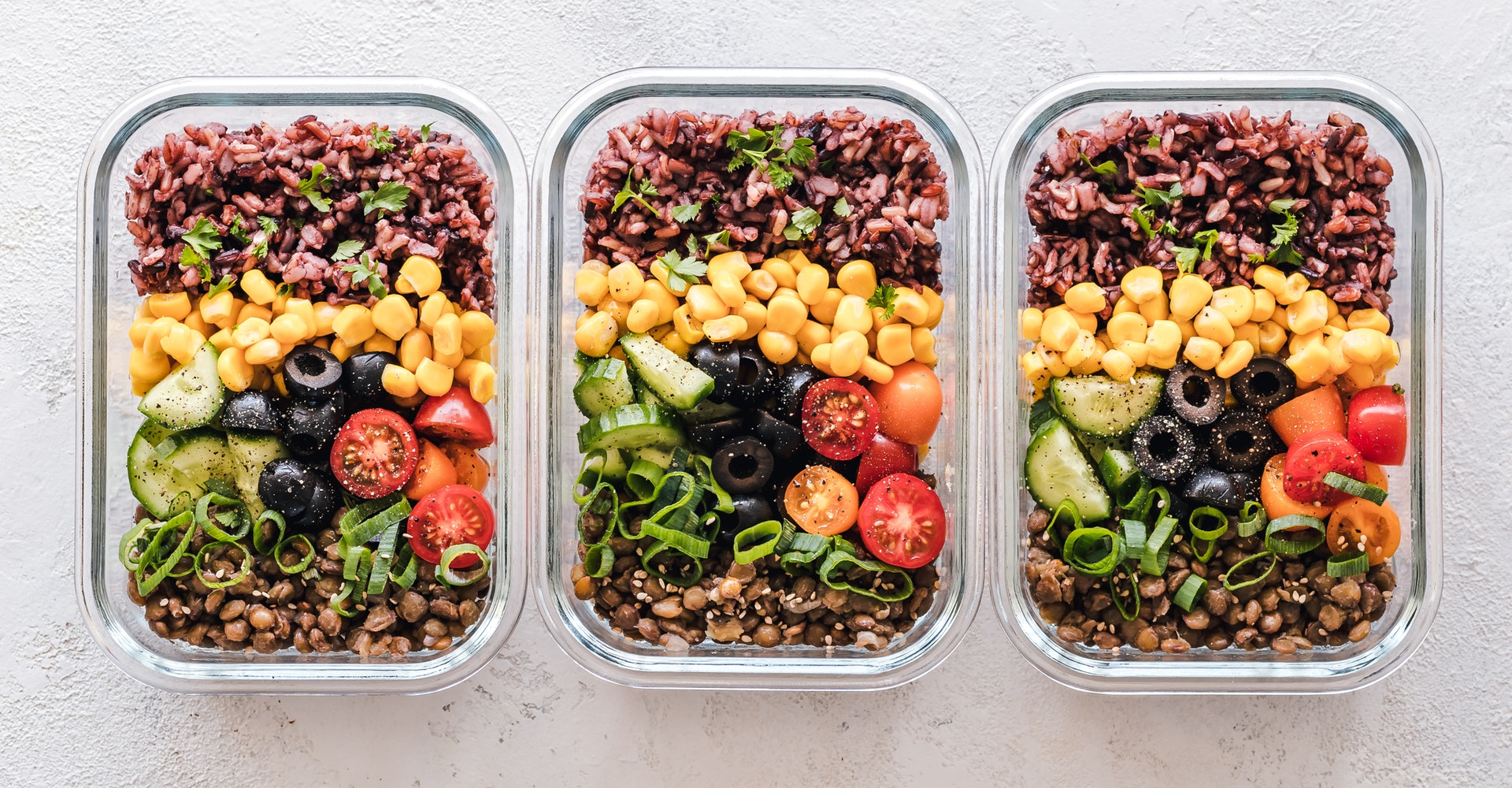Nutrition in recovery just requires careful planning and concrete goals.
Who else enjoys discussing plans? Talking about how you’ll improve yourself and your health this year feels great. But it’s easy to not follow through. How can you actually make better nutrition happen?
Nutrition Supports Your Recovery
Here at In The Rooms, we’ve already discussed how nutrition strengthens both your body and mind for continued recovery, and we’ve listed specific foods that you can eat for balanced recovery nutrition. Not to mention, we’ve explained the nutritional effects of substance abuse and detox.
All that is well and good, but what can you do with it at a day-to-day level? We’ve got some suggestions, which maybe you can try out one day at a time.
How You Can Practice Nutrition in Recovery
1. Get Nutrition Advice
If you choose to pursue nutrition recovery, you’ll have questions. And to meet your health goals, you’ll need answers. An expert (like a dietitian) can help you understand what your body needs for recovery-focused nutrition. See if you can find an in-person consultation with a dietitian, especially one who also has expertise in addiction recovery.
You can also read up on the nutrition research and advice of experts like Dr. Nicole Avena or dietitian Lulu Cook. Their in-depth resources can help you begin your plans.
2. Buy Only Nutritious Foods
Once you’ve gotten input on which foods you should eat for your recovery, write them down and buy them from your grocery store. But buy these foods exclusively, if possible. Try not to buy processed or fattening foods. Why?
When it comes time to make meals, you’ll have only those nutritious options. It sounds like a drag. But it’s the surest way to make sure you only prepare and eat nutritious foods. You can’t wander downstairs to snack on junk food if you never bought it in the first place. So, if possible, make sure to stock up on the healthiest options.
3. Prep Nutritious Meals
This step comes in tandem with the groceries you buy: use those groceries to make a week’s worth of nutritious food. If you can take one afternoon or evening to prep all those meals ahead of time, you might follow through on eating them all. Consider this: will you snag fast food for lunch if you’ve already brought a container full of healthy food? Maybe not. Prepping your meals ahead of time can help make the better choice for you, before you even face it.
4. Make Nutrition a Recovery Goal
Think of all the goals you’ve set along the path to recovery. Could improved physical health be one of them? Shouldn’t it be one of them, through better nutrition? If you attend a recovery meeting, couldn’t your nutrition be something to celebrate with your peers if you keep it up? No, nutrition doesn’t compare with not picking up a drink or a drug, but involving it in your recovery journey could help you take it more seriously.
What Now?
Hopefully, you now have a better sense of what you need for nutrition in your recovery. It’ll take careful intention and goals, just like any of our peer recovery meetings. And if you haven’t joined one of those at In The Rooms, maybe you ought to start there. Join our community today (for free!) and see how we can support your recovery.
Photo by Ella Olsson from Pexels






